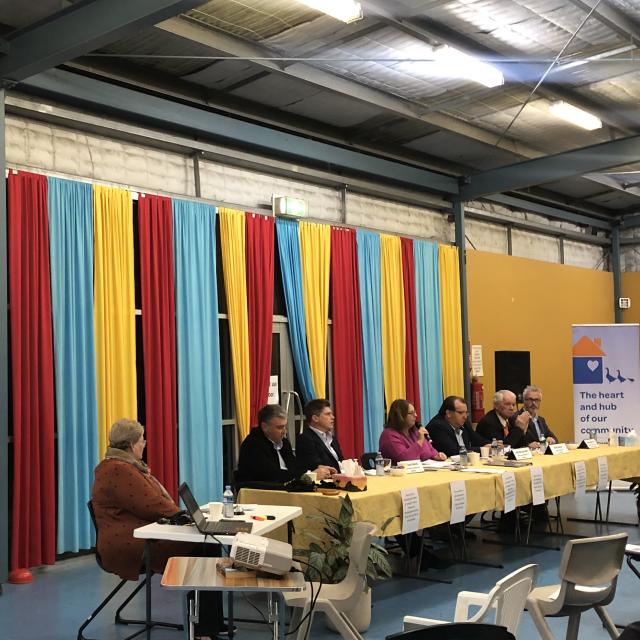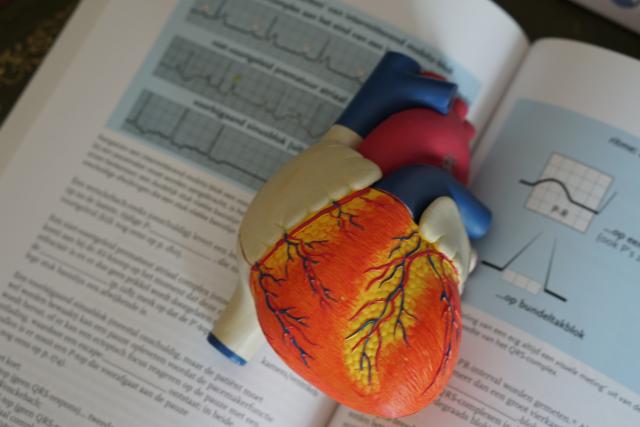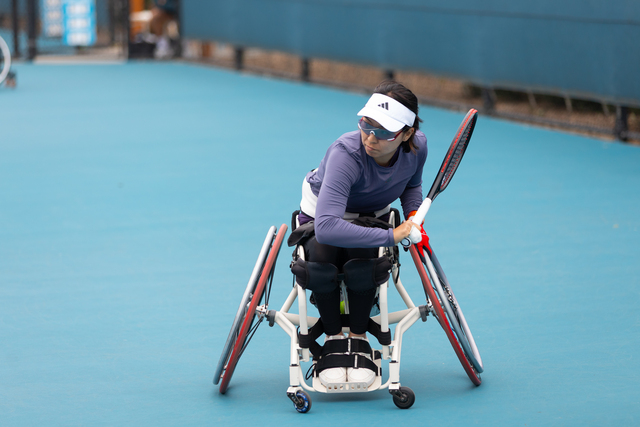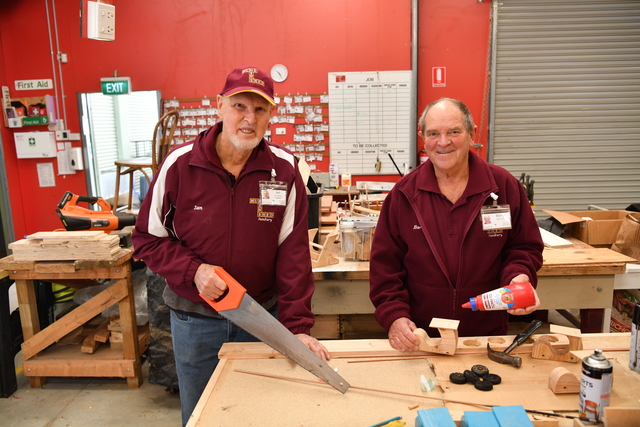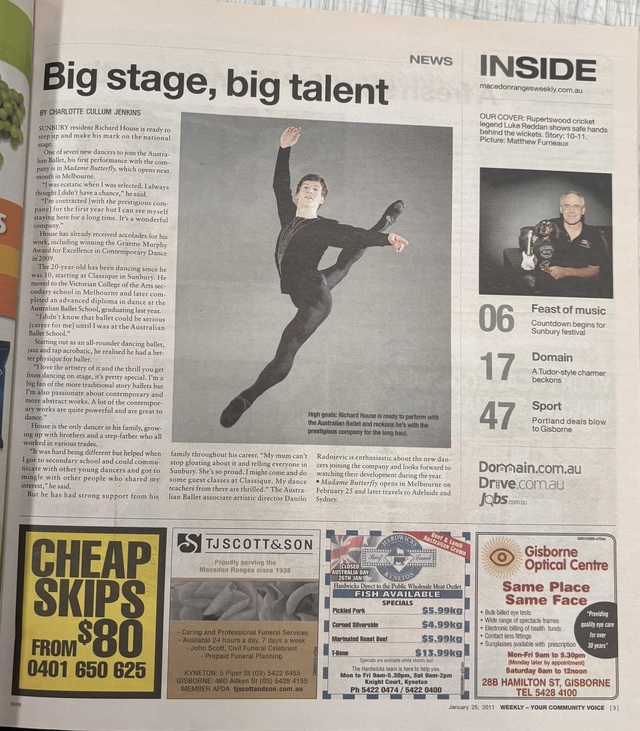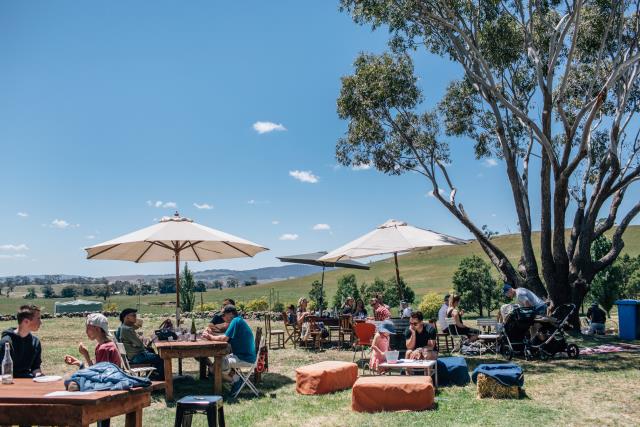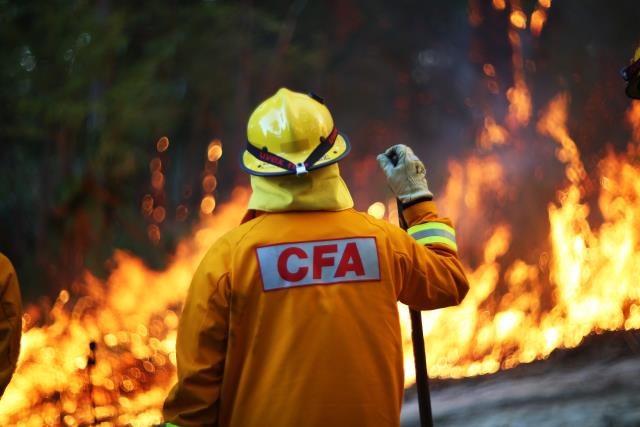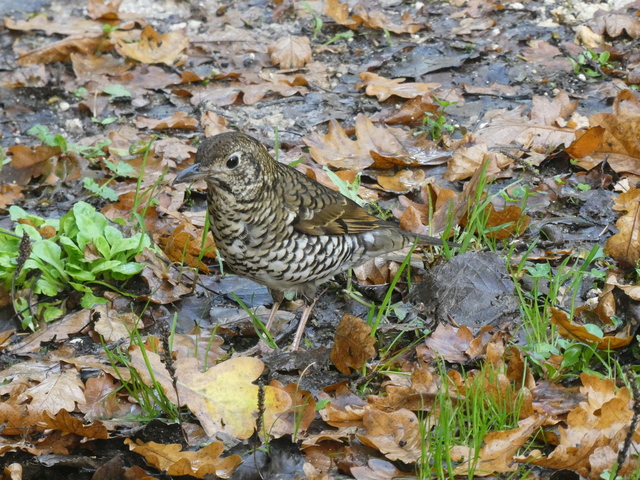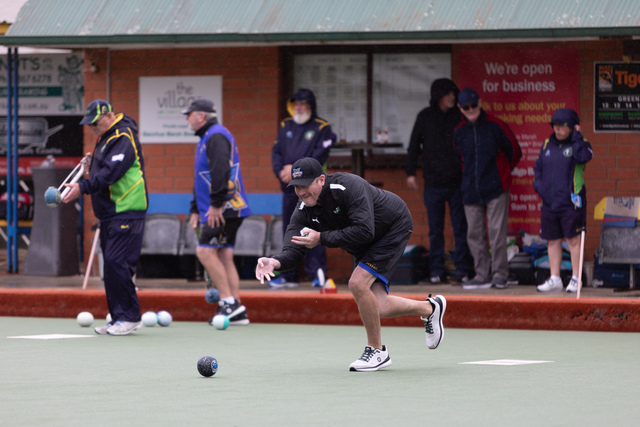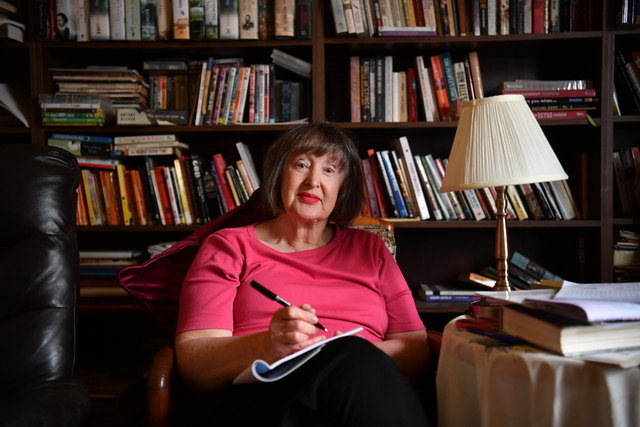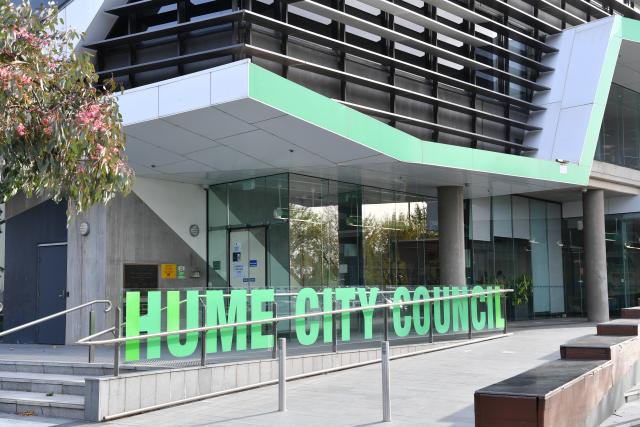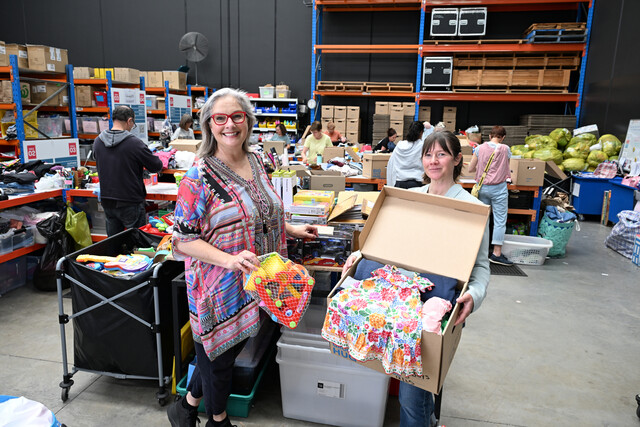Climate change, inequality, government debt, aged care, a federal anti-corruption commission, refugees, NBN, the media landscape, infrastructure and community involvement: these were the key concerns of voters at the McEwen candidates forum held in Riddells Creek.
Hosted by the Riddells Creek Neighbourhood House, the lively event gave residents of the marginal electorate a chance to meet some of their prospective representatives, ask questions about their campaigns and chat.
Of the seven candidates vying for the seat, five attended: sitting Labor MP Rob Mitchell, Liberal’s Richard Welch, Greens’ Neil Barker, Liberal Democrats’ John Herron and Australian Federation Party’s Christopher Neil.
The United Australia Party’s Paul McRae and Chris Bradbury from Pauline Hanson’s One Nation were apologies.
The forum began with candidate visions and priorities for the electorate – three minutes each to pitch who they were, what they stood for and why residents should vote for them – before they took audience questions.
Candidates clashed on multiple issues and echoed their broader party stances on immigration, corruption, tax and climate change, except Mr Herron, who said he would defy his party’s anti-renewable energy stance.
The most heated debate was on the issue of debt and unemployment, on which Mr Welch and Mr Mitchell went head-to-head.
The former argued the country couldn’t tax its way out of trouble and discussed Australia’s four per cent unemployment figure, which was blasted by Mr Mitchell who countered the figure didn’t capture underemployment and casual work.
Mr Herron and Mr Neil spoke strongly against government lockdown laws, and both said the handling of the pandemic and impacts on citizens was poor.
Another heated topic was on the establishment of a federal independent commission against corruption (ICAC), on which all parties agreed was necessary but differed in how it should be delivered.
Star Weekly spoke with voters at the forum, who said issues most important to them.
New Gisborne resident Steve Mills, 30, said he was a swing voter who had previously voted for major parties, but this year was attracted to non-major party candidates due to “government overreach”.
Mr Mills’ position follows frustration in the region over the enforcement of pandemic laws, including the ring of steel.
“The last three years we’ve had the government controlling so much of our lives and it has been absolutely miserable,” Mr Mills said.
Libby Matchett, a Greens member, said her major election concern was climate change.
“The health system is already in a depleted state and has been for years, the effects of climate change are going to make it so much worse,” she said.
Neighbourhood House community development manager Lisa Linton said the organisation was excited to put on the event because it aligned with its strategic plan priorities.
“Around building the capacity of our community to be involved in decision-making, especially around things that are going to get outcomes for our community,” Ms Linton said.

